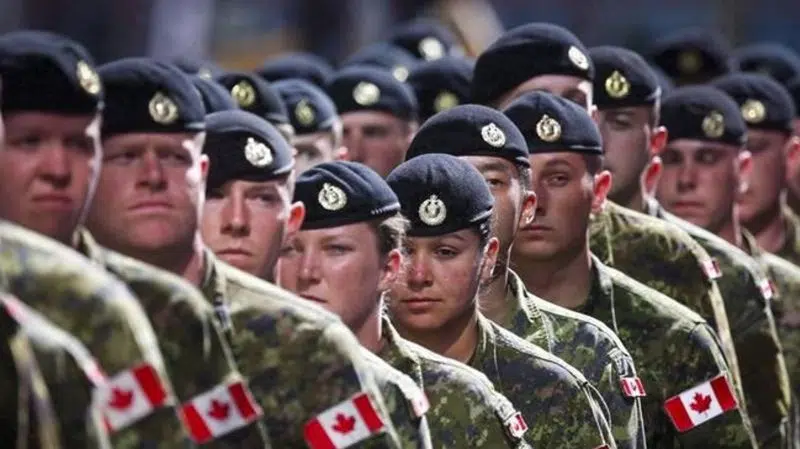
Military making COVID-19 plans amid worries crisis will embolden adversaries
OTTAWA — The Canadian Armed Forces is developing contingency plans to keep COVID-19 from affecting its ability to defend the country and continue its missions overseas amid concerns potential adversaries could try to take advantage of the crisis.
The contingency plans are part of a broader effort to limit the illness’s impact on the Forces that includes restricting access to military headquarters across the country and cancelling non-essential travel and gatherings.
In an interview with The Canadian Press, chief of the defence staff Gen. Jonathan Vance points to two Russian aircraft intercepted off the coast of Alaska on Monday as an example of the potential threats the military needs to continue guarding against despite the pandemic.
Russian military aircraft have also been intercepted approaching British and Norwegian airspace on several occasions over the past week, raising concerns Russia is probing European and North American defences.
